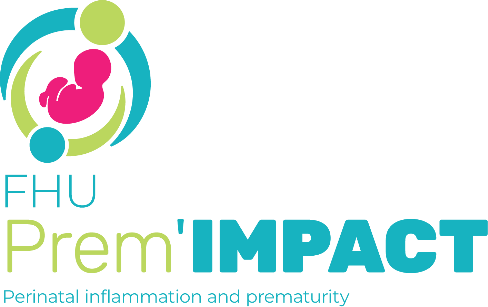Abstract
Introduction: Recent evidence suggests a restrictive approach toward blood transfusions for management of preterm infants. Objective was to survey blood transfusion practises in preterm neonates <29 weeks’ gestation among 12 population-based neonatal networks participating in the International Network for Evaluating Outcomes in Neonates (iNeo).
Methods: An online survey based on 2023 practices was sent to 608 neonatal intensive care units (NICUs): Australia/New Zealand (30), Brazil (20), Canada (32), Finland (5), France (70), Israel (26), Japan (292), Poland (56), Spain (55), Sweden (9), Switzerland (9), and Tuscany, Italy (4). Transfusion thresholds in 4 different scenarios were surveyed: (a) infants invasively ventilated within first 7 postnatal days, (b) infants invasively ventilated after 7 days, (c) stable infants on noninvasive respiratory support, and (d) stable infants requiring no respiratory support.
Results: A total of 382 NICUs (63%) responded. Transfusion practices varied within networks and between countries. For invasively ventilated infants, the transfusion threshold during first 7 days after birth was a hematocrit <underline>≤</underline>35% in 79% of NICUs, and at an age ≥8 days, the transfusion threshold was a hematocrit <underline>≤</underline>30% in 68% of NICUs. For stable infants on noninvasive ventilation, the transfusion threshold was a hematocrit <underline>≤</underline>30% in 80%, and in those without respiratory support, the transfusion threshold was a hematocrit of <underline>≤</underline>25% in 68% of NICUs.
